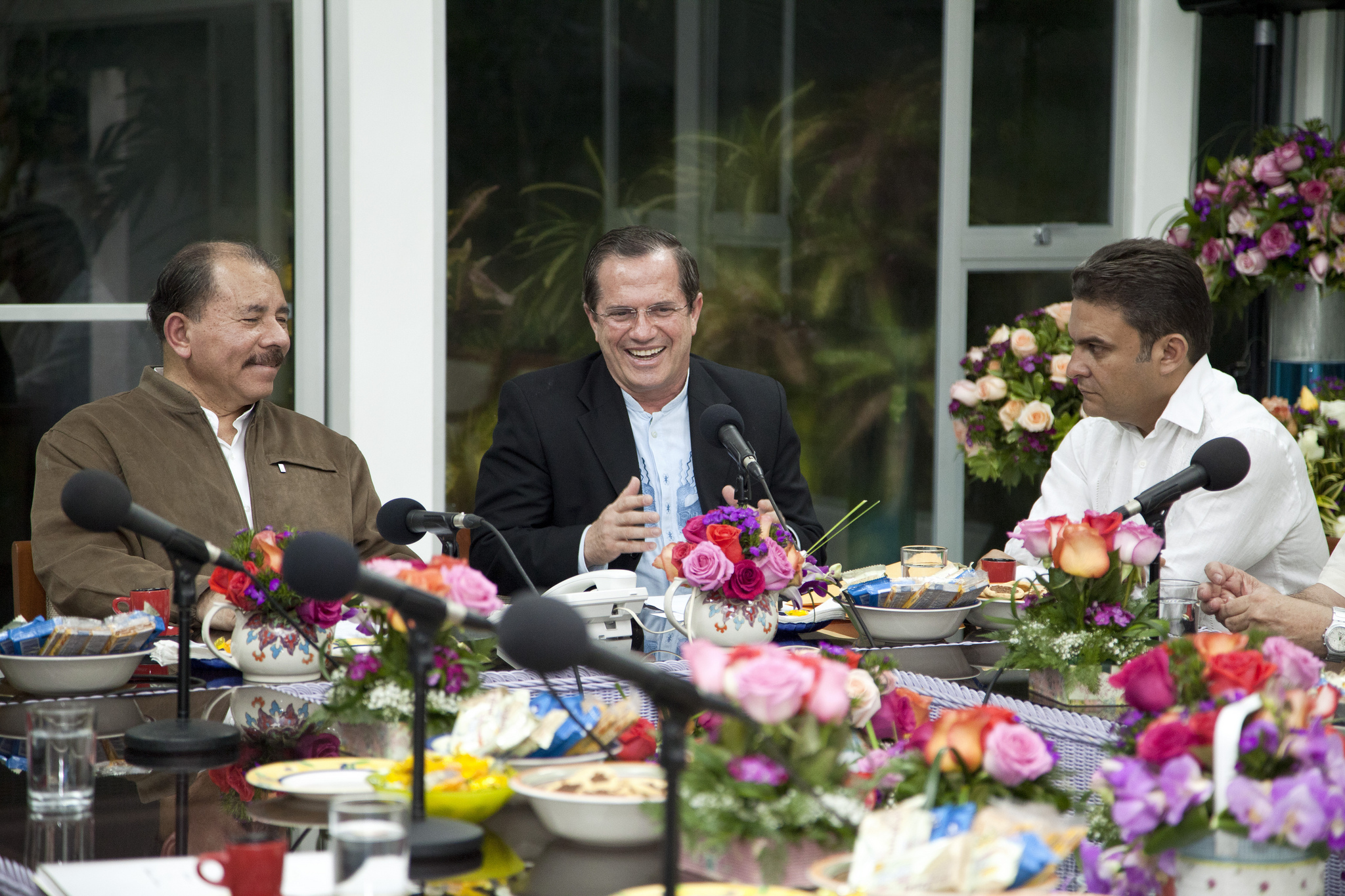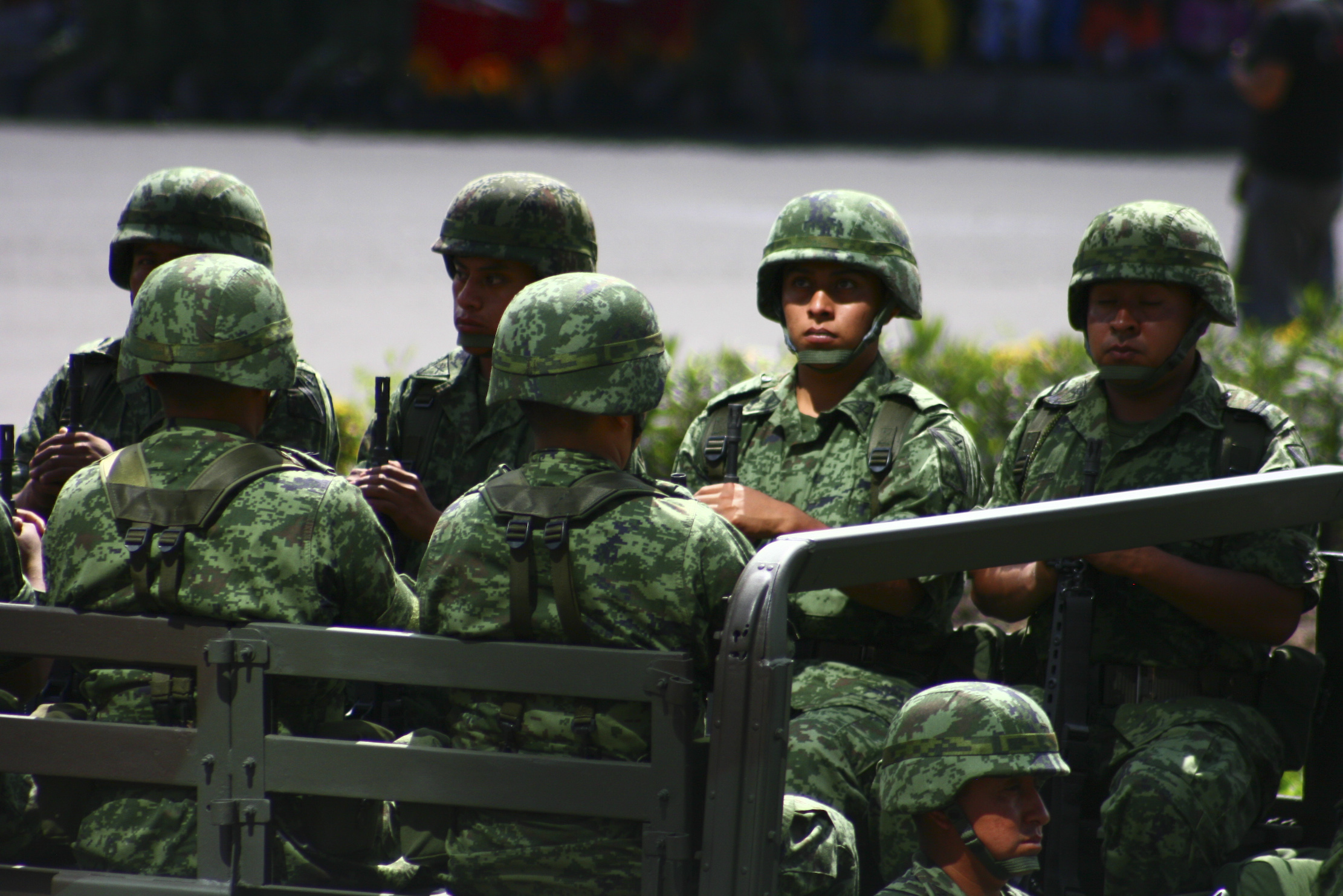Sudan is experiencing a fresh outburst of protests and demonstrations, reportedly provoked by rising fuel prices and an offensive speech Bashir gave in which he chastised his people for being so ungrateful for his amazing leadership. Security forces have apparently killed dozens of people, detained hundreds of activists (including Dahlia Elroubi, an employee of the World Bank and member of the Sudan Change Now movement), temporarily shut down the internet, detained local media who have questioned the regime’s propaganda, and closed foreign broadcasting bureaus. Thousands continue to demonstrate.
A few interesting things:
- It’s notable that Bashir’s government actually shut down the internet for a time. This seems like a Mubarak-like mistake. In prior episodes of repression against protestors, Bashir’s government has used some pretty savvy tactics to “trap” activists using social media, as I discussed here. So why the shut-down this time? Maybe his government has drunk the “Twitter Revolution” Kool-Aid.
- Bashir appears to be scared of foreign journalists documenting what’s going on, given that he has shut down their offices. Considering the scale of previous atrocities in Sudan, this is somewhat curious. It may suggest that his government actually finds this new resurgence of demonstrations pretty threatening and doesn’t want to embolden activists by giving them foreign witnesses.
- Bashir blames foreign “foundations” for these events, accusing Sudanese protestors of acting as agents of a foreign conspiracy. This rhetoric is super typical. Assad used this card in Syria, Ergodan used it in Turkey, Iran used it during the Green Movement, Putin uses it constantly to delegitimize his domestic opponents. I’m wondering two things: (a) whether domestic supporters buy it; (b) if so, how many times a leader can use this rhetorical strategy before supporters start to doubt it. I mean, not everything can be a foreign conspiracy. How long will this accusation continue to work before people wise up to the fact that it’s just propaganda?
- Bashir’s government says that some of the protestors have engaged in extensive property damage, and that “rebels from Sudan’s borderlands” were involved. This is the other delegitimizing rhetoric many governments try to use to control the narrative – that they are under attack by terrorists, not peaceful protestors. Again, such typical propaganda – it’s like clockwork. Sometimes observers find this accusation credible, other times they don’t. It helps activists to have witnesses to debunk this claim — and maybe that’s a major reason why Bashir has kicked foreign journalists out.
- The government’s brutality seems to be backfiring, at least in the short-term. Lethal violence against protestors has seemed to provoke more popular participation, not less — often a sign that a movement has some real potential.
And then this headline, out of NBC News:
“Is the Arab Spring Moving South? Violent Anti-Government Demonstrations Hit Sudan”
*Sigh*
I cringe, for two reasons.
First, Sudan has had an ongoing movement since January 2011, when activists began a coordinated series of protests and demonstrations against Bashir’s government. Many of us have been watching events unfold all along — while also wondering why mainstream outlets weren’t paying attention.
Second, the headline makes it sound like the demonstrators themselves are violent. But most reports indicate that security forces are using lethal violence against demonstrators, with little or no counter-violence from protestors. The headline is therefore clearly misleading, as the article itself shows. Unfortunately this is an all-too-common tendency among mainstream media outlets.
Come on, NBC. Be part of the solution, not part of the problem.




0 comments
From what I remember being reported, earlier the protests were pretty small and seemed contained to students with the police being far more restrained (by authoritarian standards).
NBC be part of the solution? Two words: Richard Engel – nuff said (I think the botox impairs his ability to discern between seething terrorists hordes and peaceful protesters hoping for democratic change)
I thought it was pretty widely acknowledged that the United States government, and perhaps other American institutions, regularly interfere in the internal affairs of other countries. In fact, there has been a certain amount of bragging about it from time to time. That being the case, it seems likely that foreign leaders will continue indefinitely to use real or imagined American interference as an explanation and an excuse for various undesirable conditions. Just the spy movies from Hollywood would suffice to make their case.
It’s pretty hard for even the U.S. to pull off anything remotely like what we get accused of. The damage done to Venezuela’s economy, Putin’s terrible approval at home, violence breaking out in Syria etc. Seriously, just look at the American government at the moment. Do you really think we’re remotely united enough (and actually care enough about places Syria, Sudan or Venezuela) to do this?
No, I think it is much more likely that this is the same as Bush’s speech in perhaps 2004 or 2005 where he blamed growing violence in Iraq on foreign terrorists. Denial.
We are not united, don’t care, and don’t have the power to do things in Syria, Sudan, or Venezuela, or at least I don’t. But that doesn’t mean others don’t. Sudan? Clinton bombed an aspirin factory there. While most Americans may not have noticed, some headachy Sudanese might have.
And little things like that? They get noticed. Remember a few years ago when Israel bombed a Syrian nuclear facility? Despite the best efforts of Syria and Israel to cover the entire thing up it made it to the news and it didn’t take long for the full story to appear.
After that there’s the fact that there is a world of difference between, say, bombing a factory on bad intelligence and somehow just magically causing an economy to sink.
Lastly the protests in Sudan would make absolutely no sense under the assumption of outside interference, nor would the Sudanese government’s decision to close all media. People aren’t stupid and information can travel fast in a city. If the U.S. had bombed someplace in Khartoum* not only would there be thousands of people to say it had happened but Sudan’s leaders would be busing reporters to the site by the hundreds to take pictures and stir up some nice anti-American sentiment.
Besides that, there’s the fact that leading members of the ruling party sent a letter to Bashir urging him to reinstate the subsidies that started the protests when they were removed. That really, really doesn’t sound like something they would do if they thought this was a foreign attack.
So in all the nations I think it’s far more rational to suspect that they’re simply blaming these problems on outside sources because they can’t admit the problems are domestic. In Venezuela they don’t want to admit that nationalizations have driven money away and the state-sponsored system that was supposed to build more hospitals has by all evidence been a failure. In Syria they don’t want to admit that the people fighting the government are Sunnis sick of being second-class citizens in a corrupt system. In Sudan the government doesn’t want to admit that it messed up and has been shooting people out of fear.
*Also note that Sudan hasn’t claimed the U.S. was involved in any property damage in any way, the Sudanese government is saying it was terrorists and involvement from South Sudan which makes the suggestion that it was the U.S. even weaker.
I don’t have any reason to believe the U.S. is doing anything in Sudan, although of course you never know. I’m just pointing out that the U.S. has earned a certain world-wide reputation, based on material facts, which makes it an outstanding Usual Suspect for almost anything. If I were King of Sudan and something went wrong, I’d definitely ascribe it to those infidels who blew up the aspirin factory.
Good point, but generally a competent government will keep it at least somewhat believable (based on local experience and knowledge of course).
However, unless the Sudanese government actually produce some kind of evidence that it’s a foreign plot their statements will ring hollow in the ears of the citizens of Khartoum. For every one person out protesting there are going to be four or five others who are connected to that person somehow.
Incidentally Al Jazeera has an interesting article on the makeup of the Sudanese government. If Ahmed Kodouda is right, then we should watch the Islamist Movement of Sudan very closely. If they decide to break with Bashir then it effectively means that the governing structure has been shattered.
http://www.aljazeera.com/indepth/opinion/2012/07/2012722917341673.html
Some may find The Human Rights Channel’s videos of interest http://www.youtube.com/playlist?list=PLXhuzKSXJ9OQv6S8ybDNQV-em7pf8OZbi
Thanks for the link.
Reblogged this on Sudan Hub Foundation .